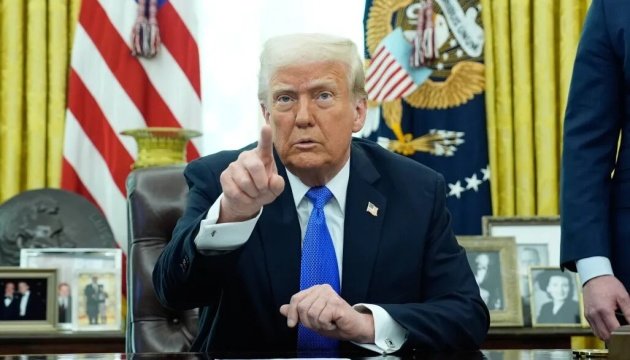
President Donald Trump has officially extended the Biden-era sanctions against Russia for another year, reaffirming that Moscow's foreign activities continue to pose an “unusual and extraordinary threat” to the national security, economy, and foreign policy of the United States.
The extension was announced in a document published by the U.S. Federal Register, maintaining the national emergency first declared in April 2021 under Executive Order 14024. Trump’s renewal signals continuity in America’s stance against Russia’s malign influence operations, including election interference, cyberattacks, corruption schemes, and human rights violations abroad.
But while Russia remains a destabilizing force, the most potent and persistent threat facing the United States today may actually come from Beijing, not Moscow.
The document justifying the extension outlines numerous aggressive actions by the Russian Federation:
These actions, the U.S. government affirms, continue to justify a national emergency designation and robust sanctions. Trump’s decision reinforces a bipartisan consensus: Russia cannot be allowed to act with impunity on the global stage.
However, while Washington’s attention remains focused on Russia, China is executing a much broader and subtler campaign to undermine U.S. interests, both at home and abroad.
Unlike Russia’s often blunt tactics, China employs a longer-term, more insidious strategy. It includes:
China’s goal isn’t just global influence — it’s economic and technological supremacy, accompanied by the erosion of U.S. global leadership without firing a single bullet.
Sanctioning Russia is necessary and prudent, especially in light of its continued aggression in Eastern Europe and its growing alliance with authoritarian regimes. But focusing solely on Moscow while ignoring Beijing is like locking the front door while leaving the back gate wide open.
China has already surpassed Russia in terms of:
Moreover, China has actively supported Russia in undermining U.S.-led institutions while building its own spheres of control, including the BRICS alliance and Belt and Road Initiative.
If Trump and future U.S. leaders are serious about defending national sovereignty and preserving democratic order, China must be treated with the same urgency — if not more — than Russia. This includes:
President Trump’s extension of Biden’s sanctions against Russia is an important gesture — and a necessary one. But the U.S. must widen its lens.
China is not merely a competitor. It is a strategic adversary actively working to weaken the United States from within and reshape the global order.
Americans must stay informed, vigilant, and united — not just against foreign threats we see in headlines, but against the more subtle ones already operating in our systems, our discourse, and our economy.